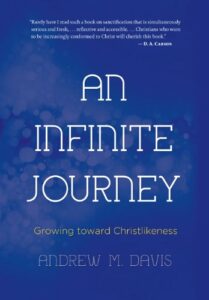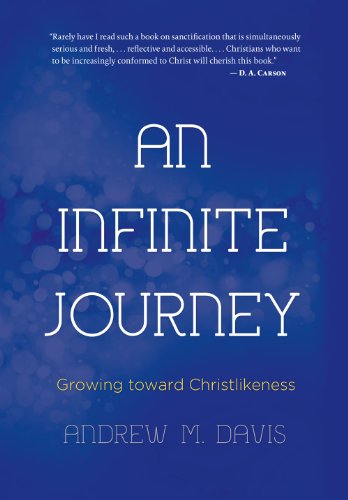 Chapter Five: Experiential Knowledge
Chapter Five: Experiential Knowledge
As Davis argued in Chapter Four, factual knowledge of what Scripture says is absolutely foundational to progress in the Christian life. Yet without experiential knowledge, the knowledge that comes from living in God’s world, factual knowledge will remain unable to transform us. While what we learn from experience must always be tested by Scripture, our experiences test whether we have really learned everything we say that we have. We always need both.
Chapter Six: Certainty of Invisible Spiritual Realities
Progress in the Christian life is never produced by knowledge alone. To our knowledge we must add faith—and the first step of faith is to believe everything that God has said, whether we can demonstrate it or not. It is through faith that we believe in the truth of Scripture, the existence of an unseen realm, and the certainty of future judgment.
Chapter Seven: Assurance of Things Hoped For
Faith is, as Davis writes, a forward looking disposition. It is through faith that we can retain our confidence in God, regardless of the difficulties of our present circumstances. It is through faith that we can come before God with specific requests, confident that He will hear us, even when we do not receive an audible response. Faith is what enables us to remain joyful even in the midst of great suffering and even apparent failure—knowing that the God that we serve will never leave faithful labor unrewarded.

